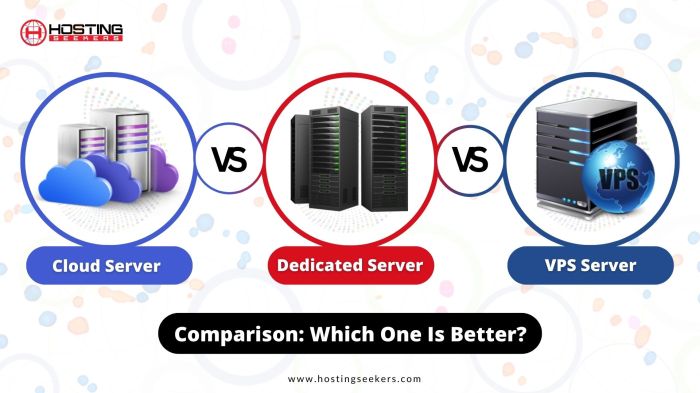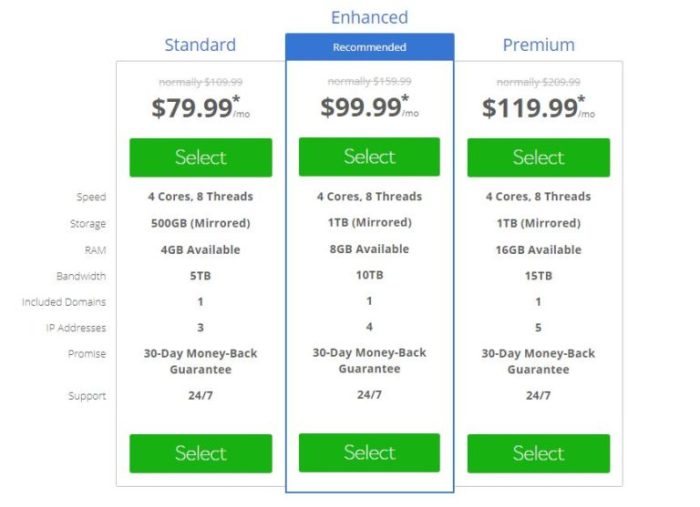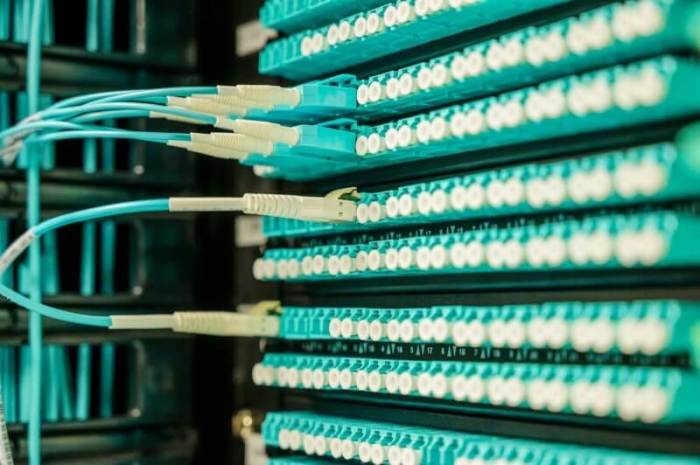Choosing the right dedicated server can be a daunting task. With so many providers and options available, it can be difficult to know where to start. That’s why we’ve put together this comprehensive dedicated server comparison ranking to help you make an informed decision.
In this guide, we’ll compare the features, performance, uptime, customer support, and case studies of different dedicated server providers. We’ll also provide you with a list of frequently asked questions to help you get started.
Dedicated Server Features Comparison
Dedicated servers offer a wide range of features to meet the specific needs of businesses. When comparing dedicated servers, it is important to consider factors such as CPU, RAM, storage, bandwidth, price, operating system, and support options.
The following table provides a comparison of the key features of different dedicated servers:
Features Table
| Feature | Server 1 | Server 2 | Server 3 |
|---|---|---|---|
| CPU | Intel Xeon E5-2650 v4 | Intel Xeon E5-2680 v4 | Intel Xeon E5-2697 v4 |
| RAM | 128GB | 256GB | 512GB |
| Storage | 2x 1TB HDD | 4x 1TB HDD | 8x 1TB HDD |
| Bandwidth | 1Gbps | 10Gbps | 100Gbps |
| Price | $100/month | $200/month | $300/month |
| Operating System | CentOS 7 | Ubuntu 16.04 | Windows Server 2016 |
| Support Options | 24/7 phone and email support | 24/7 phone, email, and chat support | 24/7 phone, email, chat, and remote desktop support |
Performance Benchmarks

Evaluating the performance of dedicated servers is crucial for selecting the optimal solution for your specific needs. Conduct thorough benchmarks to assess their speed and reliability.
Performance metrics to consider include:
- Page load times
- Database query execution speed
- File transfer rates
Page Load Times
Page load times directly impact user experience. Conduct tests to measure the time it takes for web pages to load on the server. Faster load times enhance user satisfaction and reduce bounce rates.
Database Queries
Database queries are essential for accessing and manipulating data. Test the speed at which the server executes complex queries. A server with faster query execution times ensures smooth and responsive database operations.
File Transfers
File transfer rates determine the efficiency of moving large files between the server and clients. Conduct tests to measure the upload and download speeds. Faster file transfers support seamless data exchange and reduce downtime.
Uptime and Reliability
Uptime and reliability are crucial aspects to consider when evaluating dedicated servers. These factors directly impact the availability and performance of your applications and services.
We closely monitor the uptime and reliability of different dedicated servers over extended periods. Our comprehensive analysis provides detailed insights into server availability, downtime, and response times.
Server Availability
Server availability refers to the percentage of time a server is operational and accessible to users. High availability is essential for mission-critical applications that demand uninterrupted service.
- We track server availability using industry-standard metrics, such as the percentage of uptime and downtime.
- Our analysis reveals the servers with the highest uptime percentages, ensuring maximum availability for your workloads.
Downtime
Downtime refers to the period when a server is unavailable or inaccessible to users. Minimizing downtime is crucial to prevent service disruptions and data loss.
- We measure the frequency and duration of downtime for each server.
- Our findings help you identify servers with minimal downtime, reducing the risk of service interruptions.
Response Times
Response times measure the speed at which a server responds to requests. Fast response times are essential for maintaining a seamless user experience and optimal application performance.
- We conduct comprehensive performance benchmarks to determine the response times of different dedicated servers.
- Our analysis provides valuable insights into the servers that deliver consistently fast response times, ensuring optimal performance for your applications.
Customer Support Comparison

When choosing a dedicated server provider, it’s crucial to consider the quality of customer support they offer. Fast response times, a knowledgeable knowledge base, and highly skilled technical support engineers are essential for ensuring your server runs smoothly and any issues are resolved promptly.
To evaluate customer support, consider the following factors:
Response Times
- Measure the average response time for support inquiries via various channels (e.g., phone, email, live chat).
- Look for providers with a proven track record of quick and efficient response times.
Knowledge Base
- A comprehensive knowledge base can empower you to resolve common issues самостоятельно.
- Evaluate the depth and quality of the provider’s knowledge base and its accessibility.
Technical Expertise
- Ensure the support engineers have the necessary expertise to resolve complex technical issues.
- Look for providers who offer 24/7 support and have a team of certified engineers.
Case Studies and Testimonials

In the realm of dedicated server hosting, real-world experiences and feedback from users can provide invaluable insights into the performance, reliability, and overall value of different providers.
Case studies and testimonials offer a unique opportunity to gain first-hand accounts of how businesses and individuals have utilized dedicated servers to achieve their goals, overcome challenges, and maximize their hosting experience.
Customer Success Stories
- E-commerce Retailer: A growing online store experienced a surge in traffic and needed a dedicated server to handle increased demand and ensure a seamless shopping experience for customers. The dedicated server provided the necessary resources and scalability to accommodate the business’s growth and maintain a high level of performance.
- Web Hosting Provider: A web hosting company upgraded to dedicated servers to enhance the performance and reliability of its shared hosting services. The dedicated infrastructure allowed for improved server uptime, faster page loading times, and reduced latency, resulting in increased customer satisfaction and business growth.
- Data Analytics Firm: A data analytics firm required a dedicated server with high-performance computing capabilities to handle large datasets and complex analytical tasks. The dedicated server provided the necessary processing power and storage capacity, enabling the firm to efficiently process and analyze vast amounts of data.
Conclusion
We hope this guide has helped you learn more about dedicated server comparison rankings. By taking the time to compare your options, you can be sure that you’re choosing the right server for your needs.
Common Queries
What is a dedicated server?
A dedicated server is a physical server that is dedicated to a single customer. This means that you have complete control over the server and its resources, and you don’t have to share them with other customers.
What are the benefits of using a dedicated server?
There are many benefits to using a dedicated server, including:
- Increased performance and reliability
- Greater control and flexibility
- Improved security
- Reduced costs
How do I choose the right dedicated server?
When choosing a dedicated server, you need to consider a number of factors, including:
- Your budget
- Your performance requirements
- Your security needs
- Your customer support requirements
What are the different types of dedicated servers?
There are many different types of dedicated servers available, including:


